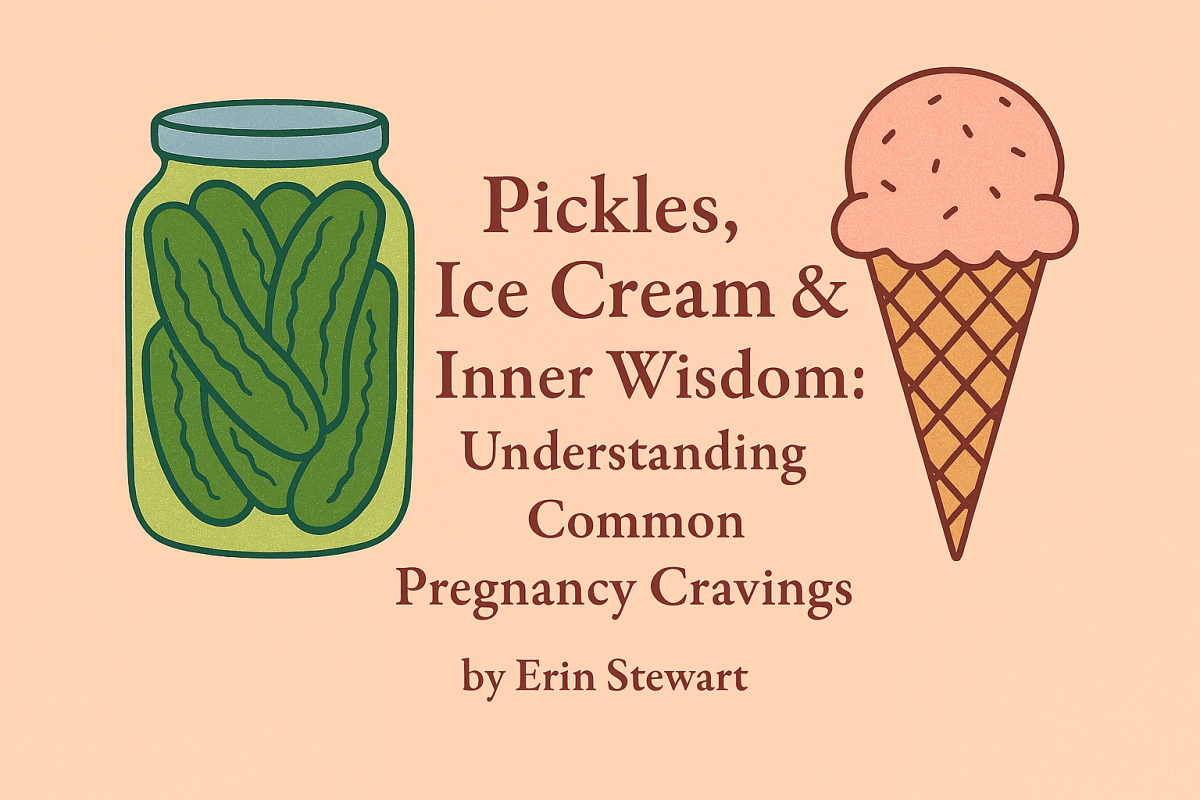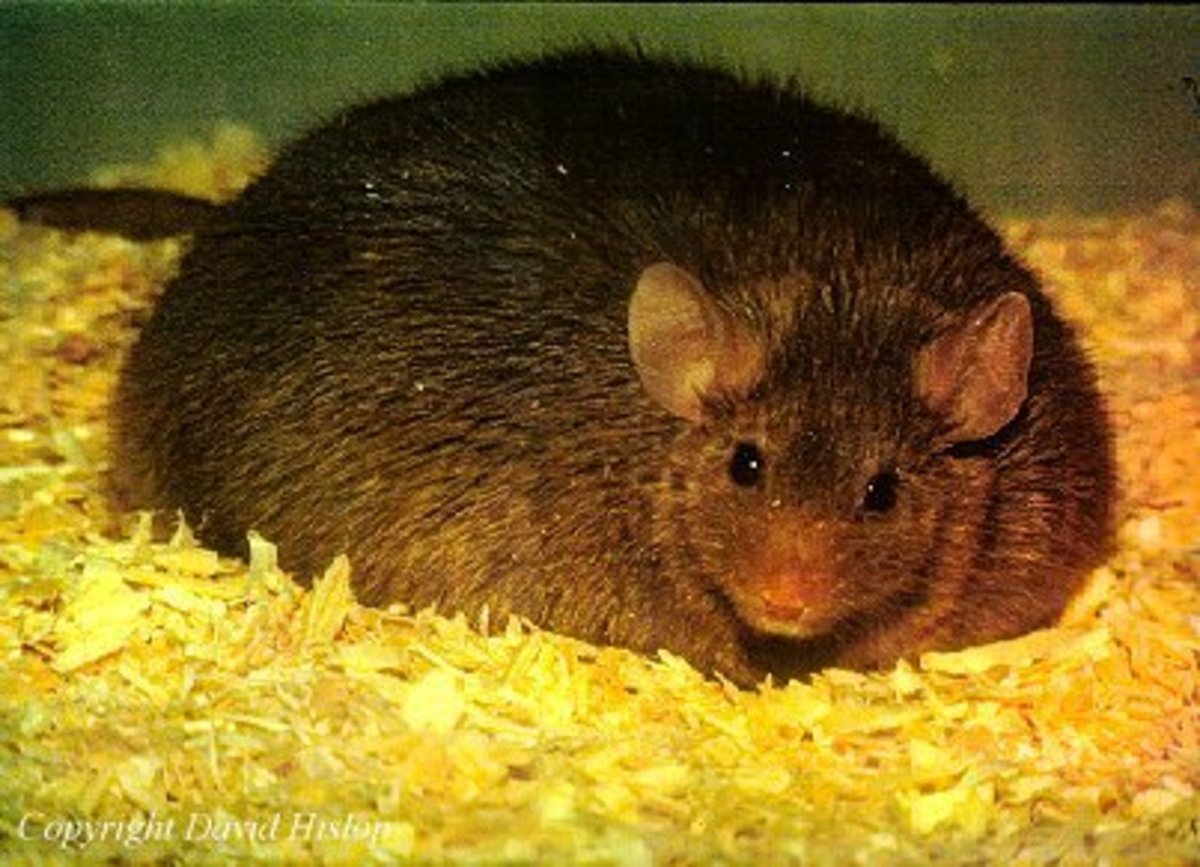The Science Behind Food Cravings and the Most Addictive Foods
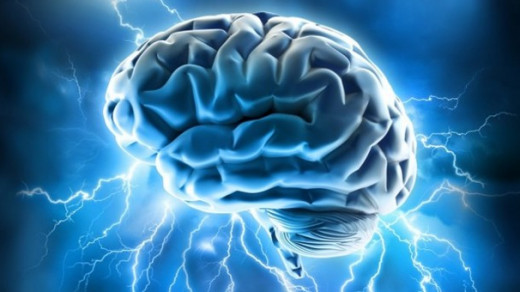
With global obesity rising constantly, the search for a solution to the problem is gaining in importance. According to the World Health Organization, obesity has more than doubled worldwide since 1980. As of 2014, it is calculated that almost 600 million adults are obese, that is 13% of the adult population. Quite simply, this problem is put down to people becoming greedier and lazier. Obesity is preventable. In fact, there is a hormonal system within the body that should make it impossible to become overweight or obese. Ghrelin (pronounced without the ‘H’) is a hormone secreted primarily by the stomach, when it is empty. Ghrelin stimulates the feeding centres in the brain, thereby increasing appetite and gastric motility. However, a hormone called leptin should over-ride this mechanism in obese individuals. Leptin is secreted mainly by fat cells, and has the effect of increasing metabolism and shutting down hunger. It is basically a messenger screaming ‘We have loads of energy! No more!’. It is plain to see that this message is not getting through for some people. They have become leptin insensitive; their brains are ignoring the signals from the fat cells.
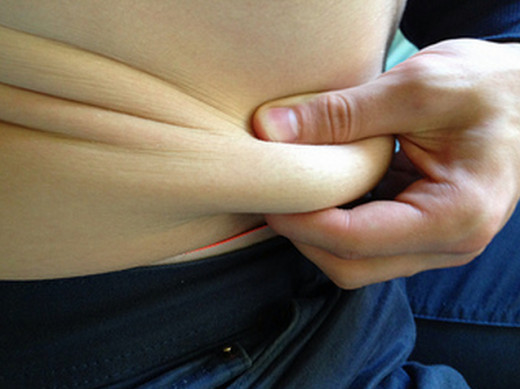
Anyway, that’s an explanation as to why the world as a whole are craving more food in general, but why so for specific food cravings? Not everybody is obese, yet there are very few people in the world who could legitimately claim to have never craved a specific food. Much research has recently been focused on this conundrum, including an exhibition at the Science Museum in London. Let’s explore the possible reasons for specific cravings, and then look at the foods that a new study has deemed most likely to give rise to them.
NUTRITIONAL NEEDS
Food cravings could arise from the bodies needs for certain nutrients. The human body is a very clever organism, and knows what it needs to achieve optimum performance. When a nutrient is required, chemical signals are sent out to find this nutrient. This can give rise to a complex, but easily explained mechanism. The body calls for a substance, it is not found or produced, the brain may then associate this need with a certain foodstuff, thereby triggering the craving.
This is why diabetics can crave sugary foods, for although their blood may be rich with sugars, the cells are not receiving the nutrient, due to their bodies being either depleted of, or insensitive to, insulin. This is also the mechanism behind craving salty foods in hot climates, as our bodies lose minerals through sweating.
Who can honestly say they’ve never woken from a wild night, craving juice or some other sugary beverage? This is due to alcohol and its associated sugars causing low blood sugar and dehydration. And isn’t that glass of juice the best!
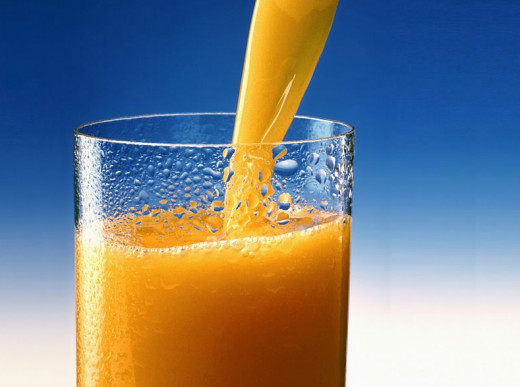
HORMONES
The ladies can testify to this phenomenon more so than the gentlemen. Hormones form the bodies complex signalling and regulation system, and can have drastic effects on factors such as mood, body composition and appetite, especially when they fluctuate.
Although males can be prone to cravings through their teenage years when their hormones drastically shift them towards adulthood, it is women who are most susceptible to this mechanism. This is, of course, due to the monthly menstrual cycle, when testosterone and the estrogens can fluctuate wildly (yes we all have both hormones, just in vastly different quantities) causing wild swings in blood chemistry. It has been shown that this mechanism is possibly linked to the serotonin mechanism, which will be discussed in depth shortly.

EMOTIONS
Stress can have powerful effects on the body, including playing havoc with our metabolisms. Spikes and troughs in blood sugar, brought about by catabolic stress hormones, such as cortisol, can lead to cravings for junk foods. Stresses specifically caused by a feeling of lacking something, whether that be love in a relationship, fulfillment in a job, or the loss of a loved one, can cause psychological cravings to fill the void, as well as time. The stress mechanism may also be linked to the serotonin mechanism coming up soon.

DEHYDRATION
Dehydration causes one of the most potent and important cravings of all, thirst. However, thirst can also manifest as hunger, thereby bringing about cravings, especially when the dehydrated state is also associated with a mineral imbalance.
So, if you suspect that dehydration is behind your cravings, reach for a pint of water first.

SEROTONIN
Serotonin is a neurotransmitter, often simply referred to as the happy chemical. As well as serving to boost mood, serotonin plays a huge role in appetite and metabolism, due to the fact that 90% of the bodies serotonin is released in the gastro-intestinal tract. Serotonin is also closely linked to the neurotransmitter dopamine and its associated opioid pathways. Dopamine has been shown to play a role in impulses and addiction behaviours.
But, how does this link to food? Well, put quite simply, these chemicals can serve as a reward system. When we eat the foods our body needs, or those which we enjoy, the serotonin/dopamine mechanism can kick in, bringing a feeling of relaxation and elevated mood. This elevated mood can become addictive, creating a deep psychological, and often sub-conscious link between foods and happiness. Thus, cravings are born.

SENSORY
This is perhaps the most simple mechanism to understand, has affected us all, and is also heavily linked to the serotonin system. The primary sense involved here is smell. You walk down the road and smell fresh donuts, fried chicken, chocolate... and you suddenly have to have it. Think of this as a shortcut directly to the serotonin mechanism. The smell triggers the memories and the reward system in the brain, and before you know it, you’re brandishing a steaming bucket of chicken.

THANKS MUM
Much research has been done recently suggesting that many of our cravings may in fact not be learned at all, they may be pre-programmed. Studies have found strong links between what our Mothers ate while pregnant, and food tastes and urges. The mechanisms for this are not fully understood as of yet, but there is a very good chance that this may also link right back to the serotonin reward mechanism.

MOST ADDICTIVE FOODS
Now we’ve looked at the mechanisms that are possibly behind food cravings, it’s time to look at which foods we are most likely to crave.
With additives, sweeteners and sugars being readily added to many processed foods in huge quantities, it is believed that these are responsible for creating cravings and food addictions.
Studies done using questionnaires based on the Yale Food Addiction Scale have shown these to be the most addictive foods.... or is it that they may just be the most tasty??
- Pizza
- Chocolate
- Potato chips
- Cookies
- Ice cream
- French fries
- Cheeseburgers
- Soda
- Cake
- Cheese
- Bacon
- Fried chicken
- Bread rolls
- Buttered popcorn
- Breakfast cereal
- Gummy candy
- Steak
- Muffins
- Nuts
- Eggs
Is there anyone who can honestly say they have never craved any of these foods, via any of the mechanisms above??

